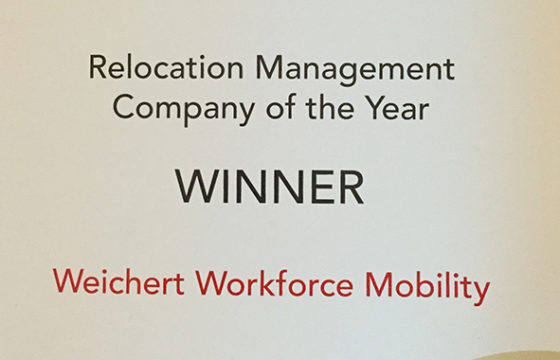
Destination Spotlight: Relocating to Mexico
Mexico is the second largest economy in Latin America, after Brazil. The country has an export-oriented economy with more than 90% of trade under free trade agreements.

Mexico is the second largest economy in Latin America, after Brazil. The country has an export-oriented economy with more than 90% of trade under free trade agreements.

Last month, I partnered with Mark Frederick of IOR to present a webinar on the alignment of workforce mobility and talent management.

Many HR professionals still manage workforce mobility as a purely tactical process, moving talent between points without considering each assignment’s long-term impact on their employees or their companies’ vision.

With the steady increase in demand for a highly flexible and mobile workforce, Companies are growing concerned about a number of risks when it comes to business travel.

Although a global assignment brings a sense of excitement and wonder, one of the first questions that expatriates and their family members often have — even before they depart — is, “when can we come back home to visit?”

A lot of attention is given to expats being sent on assignment to another country, as companies understand that the faster they assimilate, the more productive they’ll be in their new roles.

Last week, we presented a webinar on Intra-Country Mobility Trends, which focused on domestically mobile workforces outside the US, UK and Canada.

We are ecstatic to announce that Weichert Workforce Mobility was named Relocation Management Company of the Year at the 2015 EMMA Awards.

Our ninth annual Workforce Mobility Survey examines how approximately 170 North American companies manage their mobile talent.

Domestic mobility in countries outside North America and the UK can be challenging for even the most globally-minded multinational companies.

Our eighth annual Workforce Mobility Survey examines how approximately 170 North American companies manage their mobile talent.

Amidst tougher competition for the best and brightest employees, 60 percent of companies say that relocation policy benefits are critical to recruiting talent.

If you’re sending employees on temporary domestic assignments, it’s a good idea to have a policy for those moves.

Oil companies continue to be challenged by increased competition, fluctuating supply and demand, and the increasing costs of managing a mobile workforce that must be ready to deploy when needed to difficult areas around the globe.

In 2020, millennials–those born between 1980 and 2000–will represent 50% of the workforce. In 2025, they’ll represent a staggering 75%.

For a long time we’ve been looking to establish a foothold in the land of sunshine and surfboards, as the west coast U.S. is a important hub to our clients.

Sometimes, some of the most impactful learning experiences happen when we step out from behind our desks.

We’re never ones to brag. In fact, we prefer to use this space to discuss our latest research findings or some other piece of info that will make managing your relocation program easier.

Our 2014 Workforce Mobility Survey polled approximately 200 North American companies on the ways they deploy key talent.

I was recently interviewed for an article on the topic of divorce for Mobility Magazine, and it occurred to me that in 20+ years working in the global mobility industry, I have never been asked to approach this question from a strategic viewpoint.

The results of Towers Watson’s 2014 Talent Management and Rewards Study are in, and this year’s results reveal a lot about how companies are struggling to attract and retain critical-skill and high-potential employees.